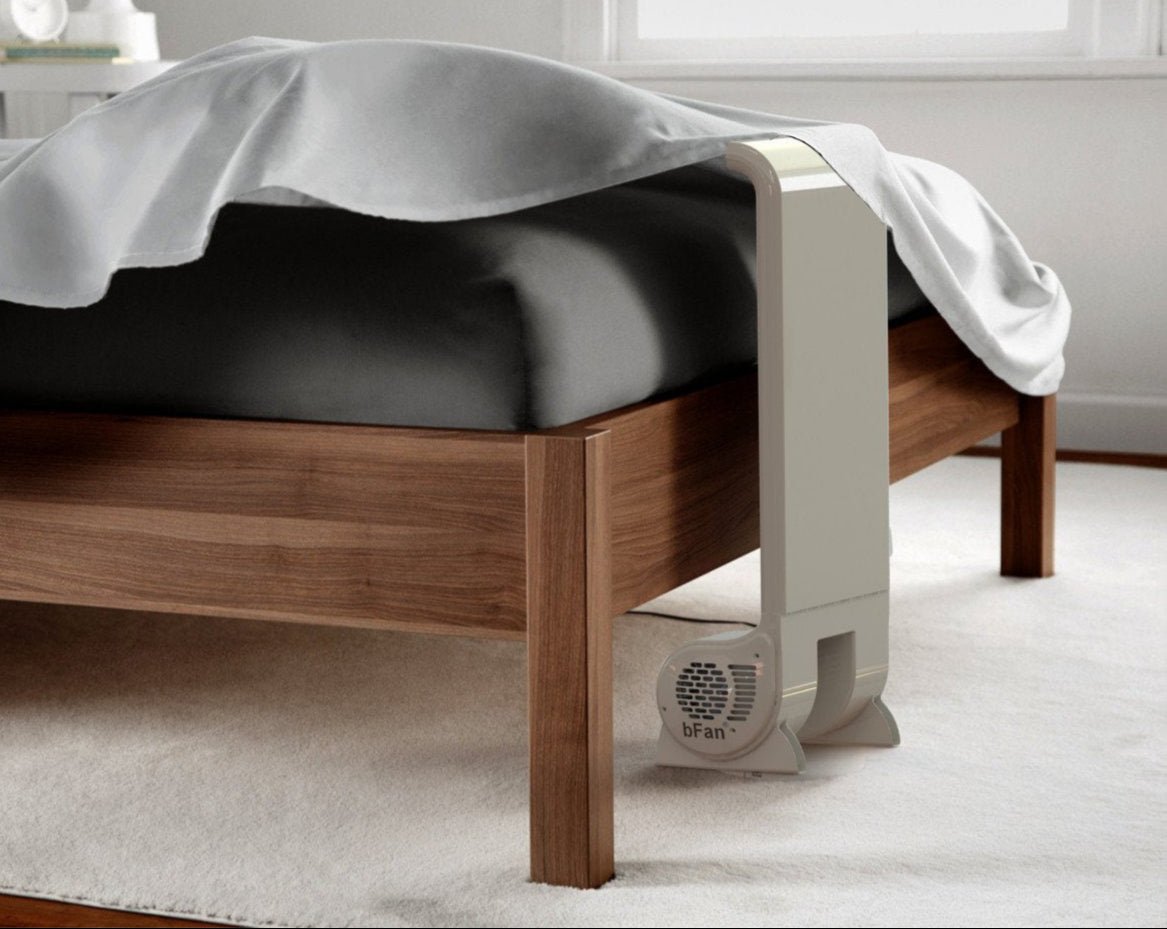Too stressed to sleep
At some point, you’ve probably found yourself wide awake in bed, unable to sleep, with your thoughts running a mile a minute and being unable to shake the feeling of stress. Unfortunately, this situation is all too common, and stress is one of the most significant factors in experiences of sleeplessness. Sleep-preventing stress can result from various things, from work or finances for adults to school and important assignments for teenagers.
When stress begins to interrupt sleep, it can cause further disruption within everyday life. Failing to reach the recommended 7-9 hours of sleep can cause a variety of issues, such as memory and your ability to learn. Furthermore, the stress system is triggered when the body does not get enough sleep, which spikes stress levels even more, eventually causing a continuous cycle. That’s a lot to unpack! So how can you reduce your levels of stress in order to avoid the vicious cycle of stress and sleep loss?
Exercise is widely used as a tool to help both the body and the mind. Exercise has great psychological effects, including alleviating stress and anxiety. This is because exercising releases dopamine, endorphins, and serotonin, which all promote a feeling of happiness by dampening pain and depression. Exercise also reduces the production of the hormones cortisol and adrenalin, which are stress-related hormones. In addition, evidence has found that adding physical exercise into your everyday routine vastly improves sleep quality in those who struggle with sleep disorders.
Exercise can be added to your daily routine in several different ways. For example, if you enjoy going to the gym, you could head to the gym (and maybe grab a gym partner on the way!) and run on the treadmill for a good thirty minutes. This is considered to be a moderate to high physical activity, which is especially helpful in reducing stress and promoting sleep. However, if you’re looking for something more reasonable, you can opt to walk instead of drive when given a chance! You can also take the stairs instead of the elevator to really get your muscles burning and your heart pumping.
As you get closer to bedtime, such as in the evening, you should engage in relaxing activities. Taking some time to engage in mindfulness meditation has been shown to benefit those struggling with stress greatly. The mindfulness session can last anywhere from 10 to 30 minutes and can lead to improvements in depression, stress, and anxiety. Taking a bath close to bedtime is also a very relaxing activity that can help reduce stress and promote sleepiness.
Once you finally get to bed, there are more practices you can follow to help quiet your brain so that you can finally sleep. First, stay off electronics so that the blue light from your devices does not interfere with your body’s sleep/wake cycle. From there, play relaxing music or your choice of sleep sounds. While doing so, begin working on slow breathing exercises and let your muscles fully relax. You can find many guides online to walk you through how to perform slow breathing exercises and muscle relaxation properly. Both exercises are beneficial in lulling yourself to sleep, so do take the time to read up on them!Share

